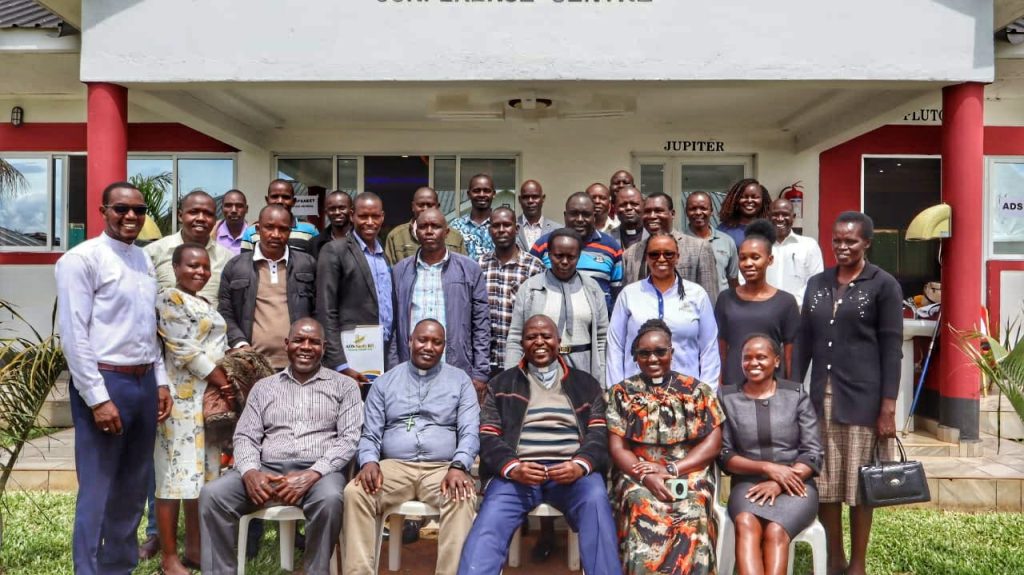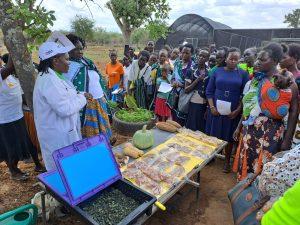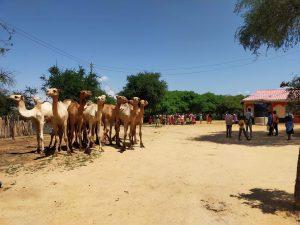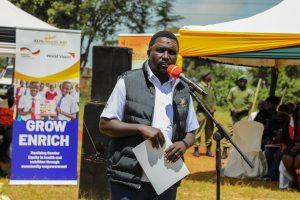In a continued effort to strengthen food security and climate adaptation in Kenya’s North Rift region, ADS North Rift Region, in collaboration with Bread for the World and DanChurchAid, hosted a multi-stakeholder forum in Nandi County under the FOSECCA (Food Security through Climate Change Adaptation) project.
The forum served as a key milestone in the project’s implementation journey, bringing together a broad spectrum of stakeholders including faith leaders, county government officials and local civil society groups. This provided a platform to assess the progress made so far and to deliberate on how the achievements of FOSECCA can be preserved and scaled well beyond the project’s formal lifespan.
A Collective Review of Progress
Since its launch, the FOSECCA (Food Security through Climate Change Adaptation) Project has played a transformative role in empowering smallholder farmers with climate-adaptive practices. The initiative has introduced practical, sustainable agricultural techniques such as crop diversification, the use of soil and water conservation methods, farmer managed natural regeneration, and agroecological farming technologies. These interventions have not only improved food production but have also contributed to the restoration of degraded landscapes, increased community resilience, and enhanced household nutrition.
The Nandi County forum allowed project actors and local stakeholders to engage in deep reflection on the progress made across target areas. Discussions emphasized the significance of community engagement, ownership, and local capacity building as central to the project’s long-term impact. Participants recognized that effective partnerships and inclusive planning are essential to ensuring that gains made on the ground continue to benefit communities long after the project concludes.
Anchoring Development in Faith and Community
A distinguishing element of the FOSECCA model is its grounding in faith-based approaches to development. Religious institutions and leaders have proven instrumental in mobilizing communities, shaping public awareness, and advocating for climate responsibility. Their unique position as trusted voices within local contexts has helped translate project goals into everyday community actions.
Churches and faith groups participating in the forum affirmed their ongoing commitment to promoting sustainable practices. By leveraging their moral authority and organizational reach, these institutions play a critical role in advancing the goals of food security and climate stewardship at the local level.
The stakeholder forum marked not only a review of progress, but a reaffirmation of a shared vision: to create self-reliant communities, sustainable farming systems, and resilient livelihoods in the face of climate uncertainty.
Through continued dialogue, partnership, and community-driven action, the FOSECCA initiative continues to model how inclusive development can be both impactful and enduring when rooted in shared responsibility and powered by hope.





